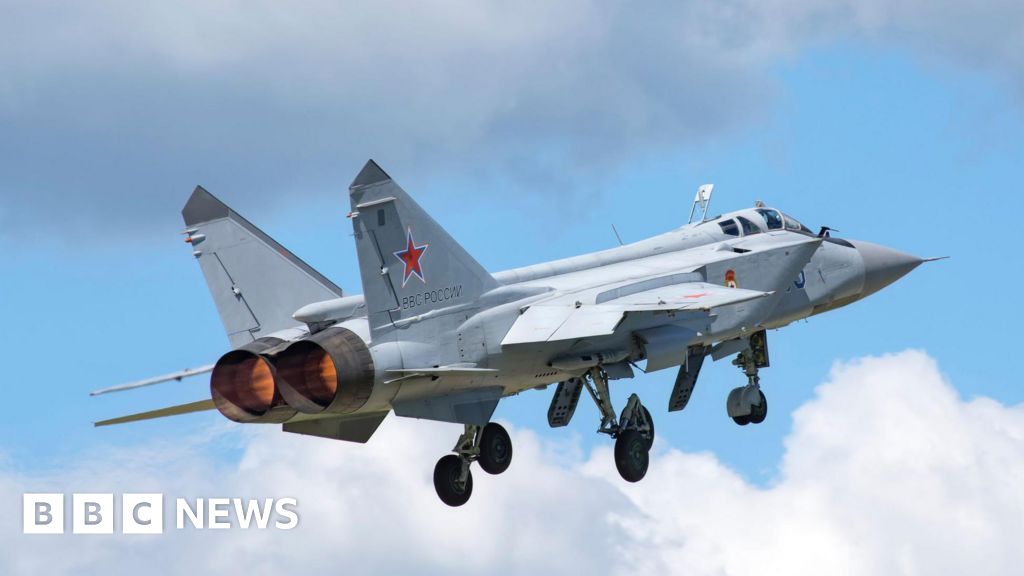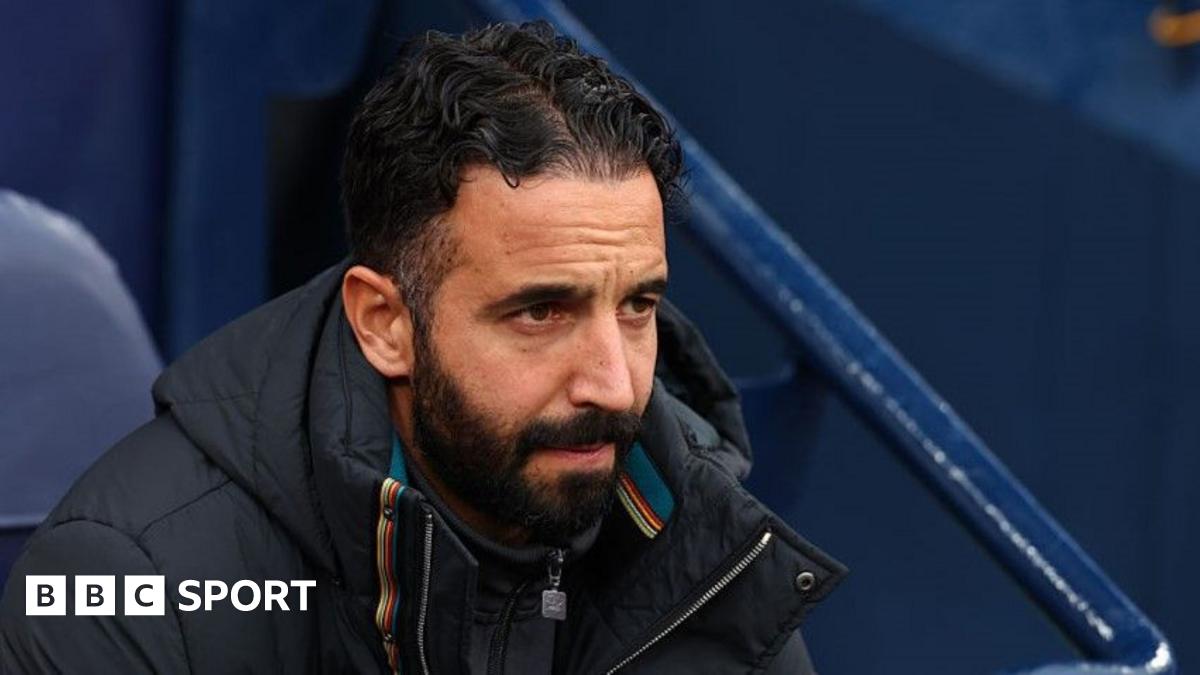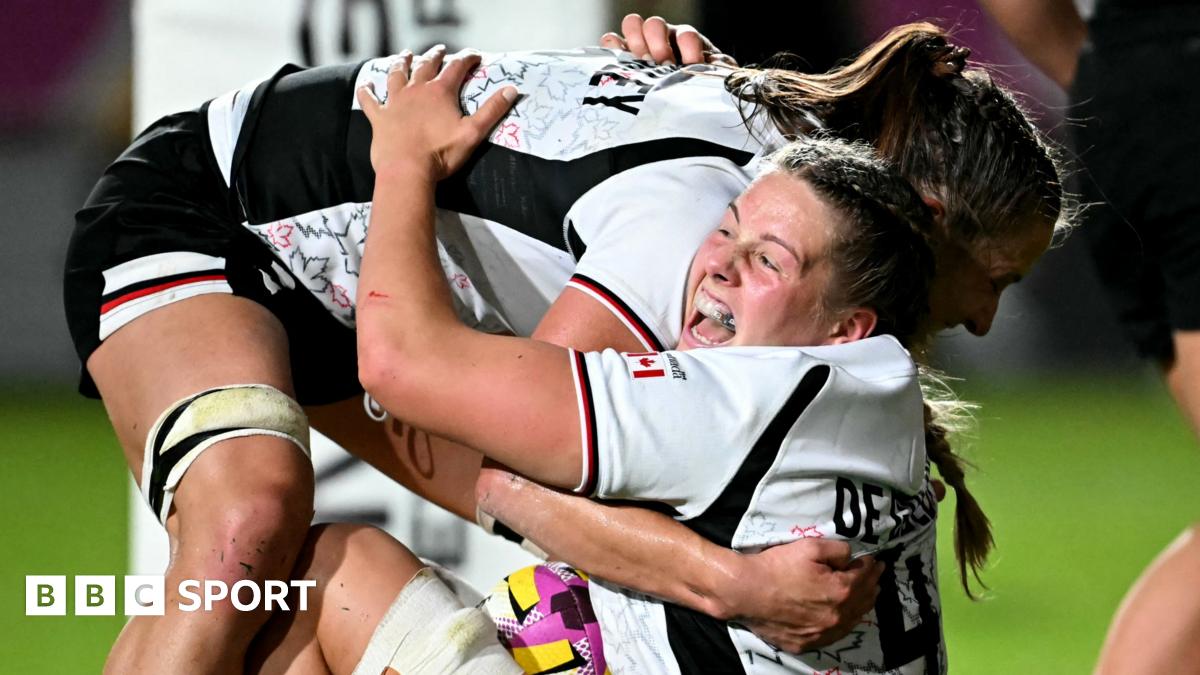Nato intercepts Russian warplanes violating Estonian airspace
Three Russian warplanes that violated Estonian airspace have been intercepted by Nato, the military alliance has said.
Estonia’s foreign ministry condemned the incursion as “brazen”. It said three Russian MiG-31 fighter jets entered the airspace of a Nato member “without permission and remained there for a total of 12 minutes” on Friday over the Gulf of Finland.
Nato spokesperson Allison Hart said the military alliance “responded immediately and intercepted the Russian aircraft”, calling it “yet another example of reckless Russian behaviour and Nato’s ability to respond”.
Estonian Prime Minister Kristen Michal later said his government had “decided to request Nato Article 4 consultations”.
Article 4 of the Nato treaty formally starts urgent consultations within the 32-member alliance, which ties the US and many European nations together on collective defence.
The Russian military has not publicly commented on the issue.
Tensions have escalated between the Nato military alliance and Russia since Moscow launched a full-scale invasion of Ukraine in 2022.
They have risen in the last week, after Poland and Romania – both Nato members – said Russian drones breached their airspace.
Estonia’s foreign ministry said it summoned the Russian chargé d’affaires “to lodge a protest” over Friday’s incursion, while top EU diplomat Kaja Kallas described the incident as “an extremely dangerous provocation”.
In a statement, Estonian Foreign Minister Margus Tsahkna said Friday’s incursion was “unprecedentedly brazen”.
He continued: “Russia’s increasingly extensive testing of boundaries and growing aggressiveness must be met with a swift increase in political and economic pressure.”
The minister added Russia had already violated Estonia’s airspace four times in 2025.
In a post on X, Kallas, who is an Estonian national, said the EU “will continue to support our member states in strengthening their defences with European resources”.
She said Russian President Vladimir Putin was “testing the West’s resolve. We must not show weakness”.
Echoing her words, European Commission President Ursula von der Leyen said on X: “We will respond to every provocation with determination while investing in a stronger Eastern flank.”
“As threats escalate, so too will our pressure,” she added.
Estonian media are reporting that in the latest incident the Russian jets had their transponders switched off.
Estonia’s public broadcaster ERR said the Russian jets entered the Estonian airspace in the Vaindloo Island area in the Gulf of Finland.
Last week, Poland’s military said it had shot down at least three Russian drones, with prime minister Donald Tusk saying 19 drones were recorded entering Polish airspace.
Russia insisted the incident was not deliberate, and its defence ministry said there had been “no plans” to target facilities on Polish soil.
Belarus, a close Russian ally, said the drones entered Polish airspace accidentally after their navigation systems were jammed.
Several days later, Romania’s defence ministry said it had detected a Russian drone when two F-16 jets were monitoring the country’s border with Ukraine, after “Russian air attacks on Ukrainian infrastructure on the Danube [river]”.
The ministry said the drone later disappeared from the radar.
Russia has not commented on the issue.
In response to Russia’s incursions into Poland and Romania, Nato pledged to move troops and fighter jets eastwards.
Planes from the UK, France, Germany and Denmark are all taking part in air defence missions over Poland in a bid to bolster the alliance’s eastern flank.
On Monday, a French jet was scrambled in response to another potential incursion by Russian drones. Nato said that alert was quickly over.




إرسال التعليق